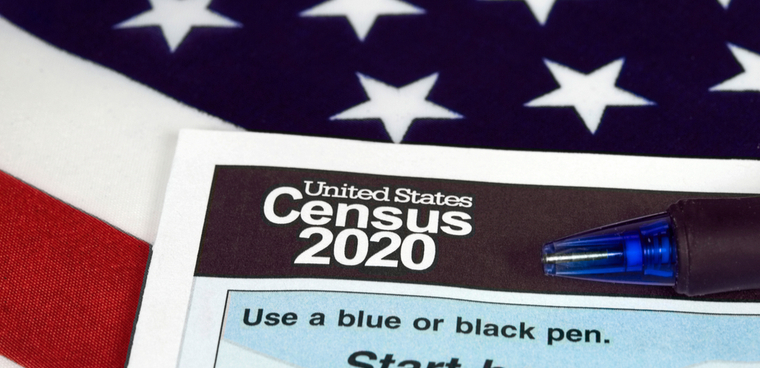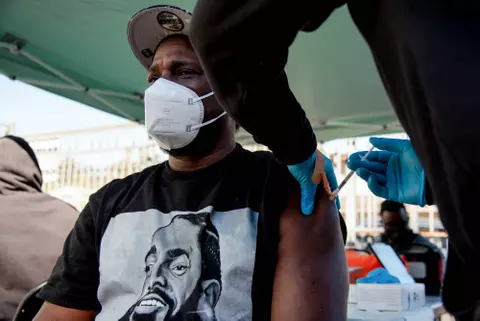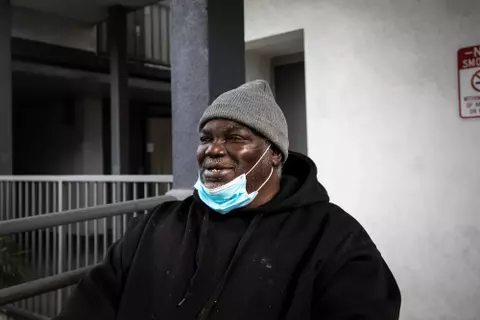
10 Apr Wear a Mask, Stay Home and Remember the U.S. Census

By Michael J. Fitzgerald
Medical doctors, government funding experts and activists offered an avalanche of information and recommendations Wednesday during a national media teleconference on accessing health care and public services during the COVID-19 pandemic.
Near the top of the list was a plea for media representatives to urge readers and viewers to fill out their U.S. census forms.
“Remember the census,” Ethnic Media Services Director Sandy Close said.
“Often, we are overwhelmed by news of the pandemic. We need to realize all the federal emergency relief that goes to our communities and our states ultimately depends on data from the census.”
Her plea came on the same day that paper questionnaires were mailed to 64 million U.S. households that have not yet responded to the 2020 U.S. census online or by phone.
The city of Richmond so far has had a response rate of almost 48% — above the state average, census officials said Tuesday.
On the medical front, Dr. Tung Nguyen of UCSF reported that clinical trials for COVID-19 vaccines are moving forward on several fronts and that a study of 11 European countries shows that stay-at-home and shelter-in-place orders are effective and may have saved nearly 60,000 lives in those nations.
“But if we were to stop the shelter-in-place orders, we would be back to where we started,” he said.
Nguyen also put to rest the controversy over whether people should wear masks outside.
“The answer is yes — as long as it is not diverting needed supplies from health care workers.”
In a segment on the effect of the recently approved federal stimulus packages, the director of federal advocacy for the organization Immigration Hub said the approved programs don’t have enough support for immigrants.
“We’re really concerned that people are not going to be able to access the health care they need because they are not covered by emergency Medicaid,” Kerri Talbot said.
Talbot said she and her organization are asking for coverage to be expanded and that there be direct cash payments to immigrant families, not now covered by the stimulus bills, either.
She did note that $3.3 billion is designated for health centers and $450 million for food banks.
Internal Revenue Deputy Commissioner Sunita Lough gave reporters details about the $1,200 in direct payments to individuals approved in the federal stimulus funding packages.
She said anyone receiving Social Security payments or who filed federal income tax forms in 2018 or 2019 has their tax information in the federal system. They could be eligible for a cash payment from the government of $1,200, unless their income is over $75,000. Even then, a cash payment could still be made on a sliding scale depending on how much over $75,000 someone has reported.
The payment will be deposited automatically if the IRS has bank account information, she said.
But low-income individuals who normally don’t file federal income tax forms — because their income falls below the threshold for having to pay taxes — should go the IRS website and fill out a “Free File” form.
By doing so the IRS will then know where to deposit the funds or send a check via the U.S. Post Office.
Lough said direct deposit of the funds could be posted in a matter of weeks. A paper check would take considerably longer, she said.
Wednesday’s media teleconference was the third in a series organized and hosted by Ethnic Media Services.





No Comments